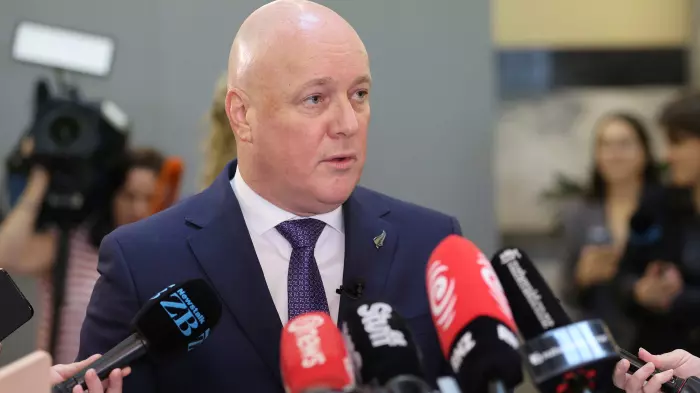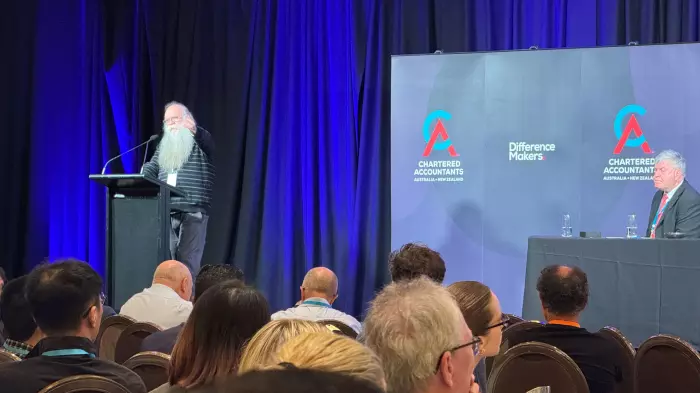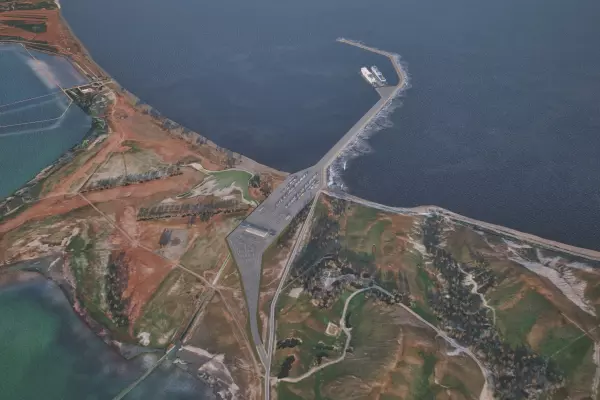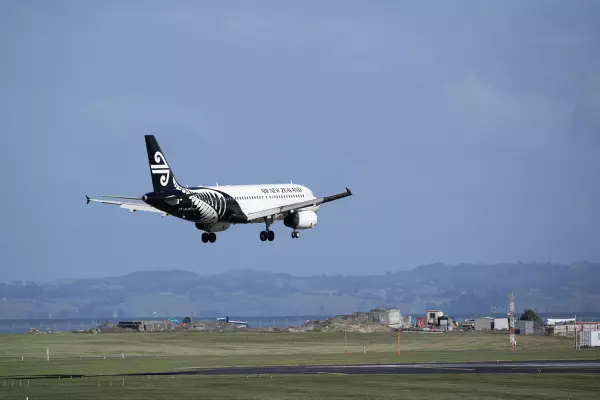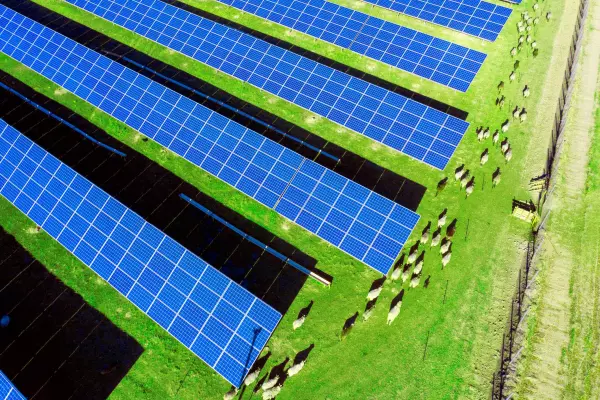The post-pandemic fixation on building 'resilient supply chains' into trade agreements could create disrupted trade between New Zealand and its major Asian trade partners, says Simon Draper, executive director of the Asia NZ Foundation.
Draper, speaking to a discussion forum on North Asia's relationship with NZ, hosted by global policy think tank the Aspen Institute, said it could lead to a minefield of non-tariff barriers, particularly into North Asia, a region ranging from Indonesia to Pakistan but including both India and China.
"Seven out of 10 of NZ's largest trading partners are in Asia, and we're in the worst business in terms of agricultural exports. A lot of the access that we get has been hard-fought, through years of negotiations, particularly around agriculture."
Draper said after the covid pandemic there has been a lot of discussion about supply chain issues, and his fear was that this will translate to technical barriers to trade across health and safety and environmental conditions.
"Tariffs at the border on carbon, for example, have the potential to be very harmful to NZ, so I'm quite worried about how this plays out in North Asia."
Don't know enough
His view is that the Chinese global infrastructure development strategy, known as the belt and road initiative (BRI), isn't an economic model, it's a political security mechanism that is about growing North Asian influence.
"We don't know enough about Asia and how dependent we are on Asia. If you look at our free trade agreement with the European Union, all it has done is remove any constructive ambiguity that we had a future in agriculture in Europe, and that's gone."
The other issue is that we have no foreign correspondent in Asia, so what we hear about Asia is from the perspective of the US, Australia or Europe.
"So, when we hear things, we need to think hard about who the intended audience is," he said.
A million jobs a month
John McKinnon, former NZ ambassador to Beijing and current chair of the NZ China Council, said China would become even more important when the new upgraded free trade agreement kicked in from Jan 1, at which point all NZ goods into the country will become tariff-free, including dairy products.
"What that means is that China will be Fonterra's largest market, by a long, long way. And the fact that China agreed to that reflects the fact that it was willing to do something with NZ that it wouldn't have been comfortable doing with other countries."
McKinnon said that while being reliant on agricultural exports is probably not the "smartest thing to do", it has served the country quite well in terms of demand from the middle classes coming out of China.
This, he said, has presented a continuing opportunity for other spinoffs across product, tourism and language exports, but NZ needed to remain alert to the issues in that country and how we should respond.
Draper agreed that there will likely be tremendous opportunities coming out of the region.
"India is creating one million new jobs every month, in line with the number of Indians turning 18, which reflects the kind of growth we're seeing."
But NZ would have to do the heavy lifting, he said, and the status quo "isn't going to be enough".










